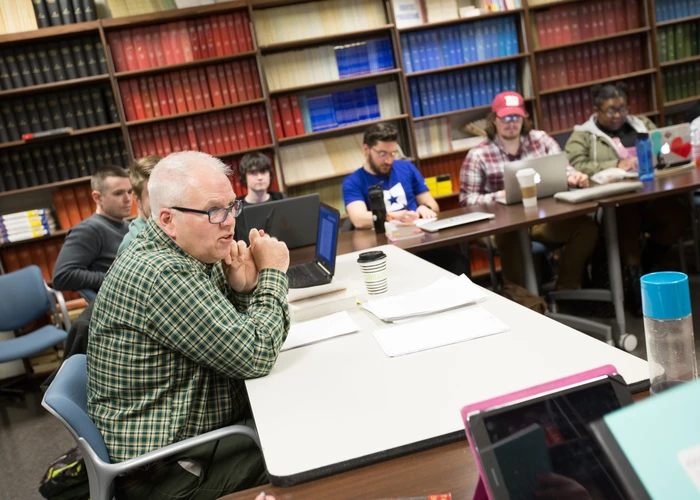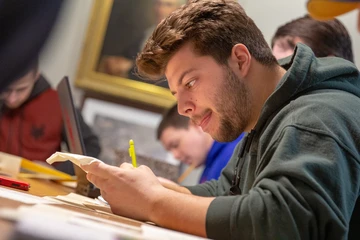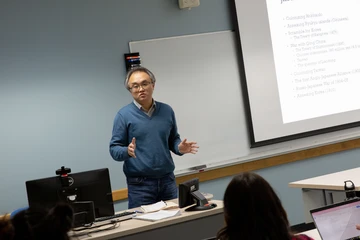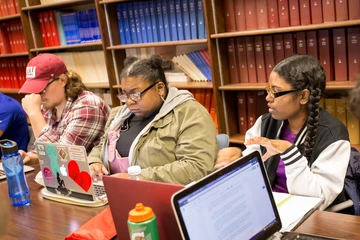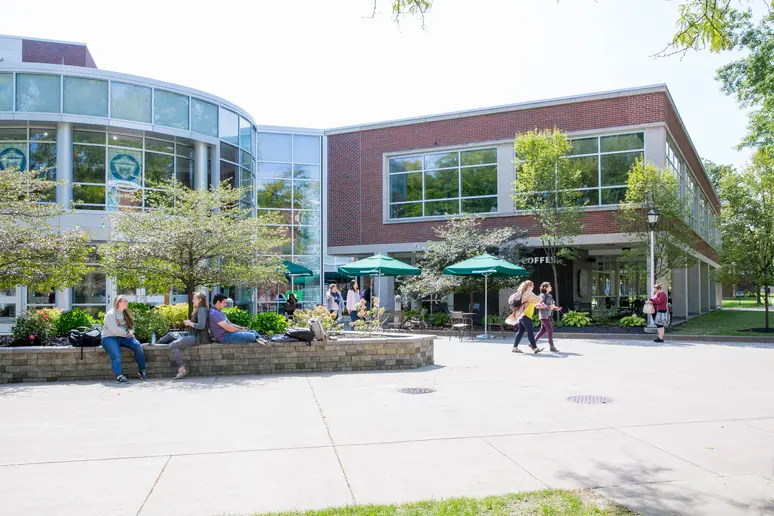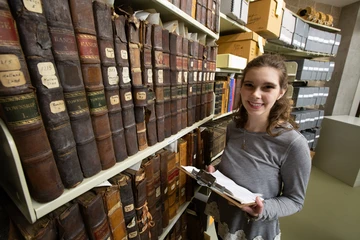Teach the Past; Empower the Future
Do you have a passion for history and a drive to educate and inspire? Fredonia’s Social Studies: Adolescence Education program prepares you to teach middle and high school students (grades 7–12) while earning New York State teaching certification. With hands-on classroom experiences built into your undergraduate journey, you’ll develop the skills and confidence to engage students in meaningful discussions about history, culture, and society.
What You’ll Gain
- Teaching Expertise – Learn proven strategies to engage and educate students in diverse classrooms.
- Classroom Experience – Complete three field experiences before senior year, followed by a full student-teaching placement.
- Certification Readiness – Earn New York State teaching certification for grades 7–12 upon graduation.
- Critical Thinking Skills – Develop the ability to teach complex historical and social issues with clarity and confidence.
- Professional Preparation – Graduate with the knowledge, experience, and credentials to launch your teaching career.




